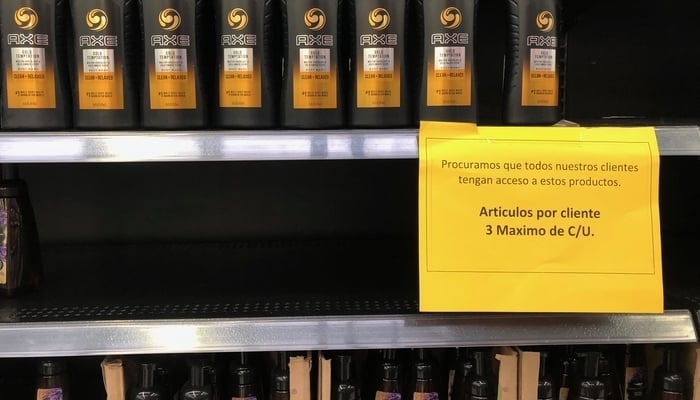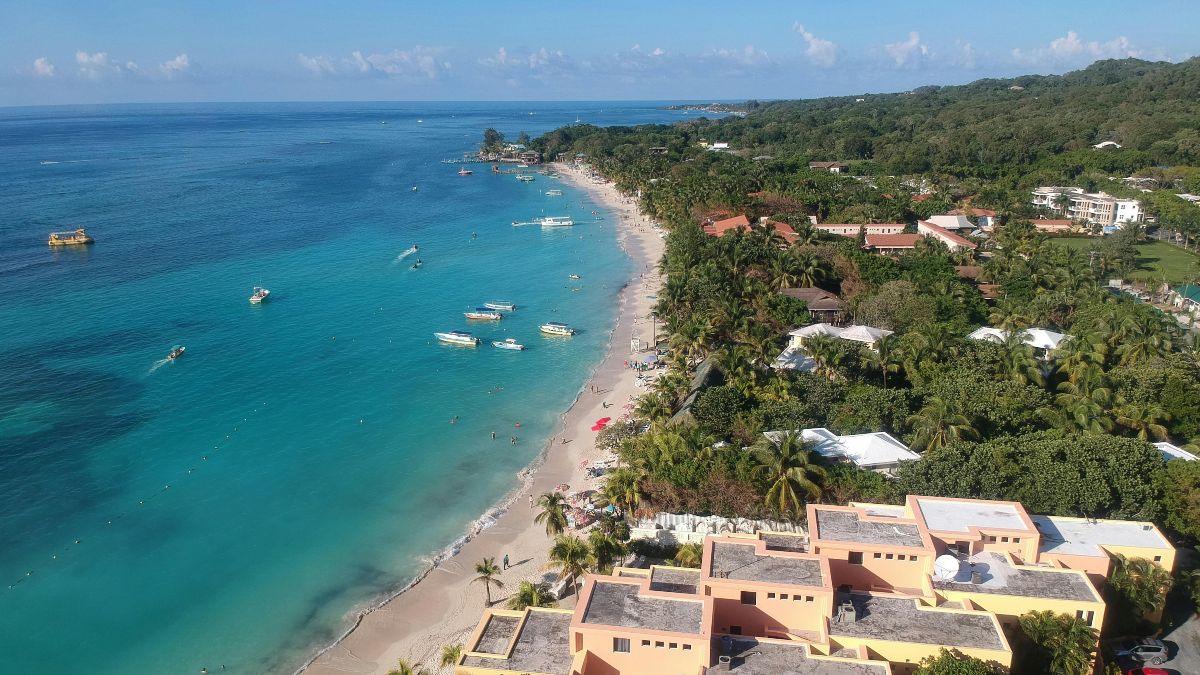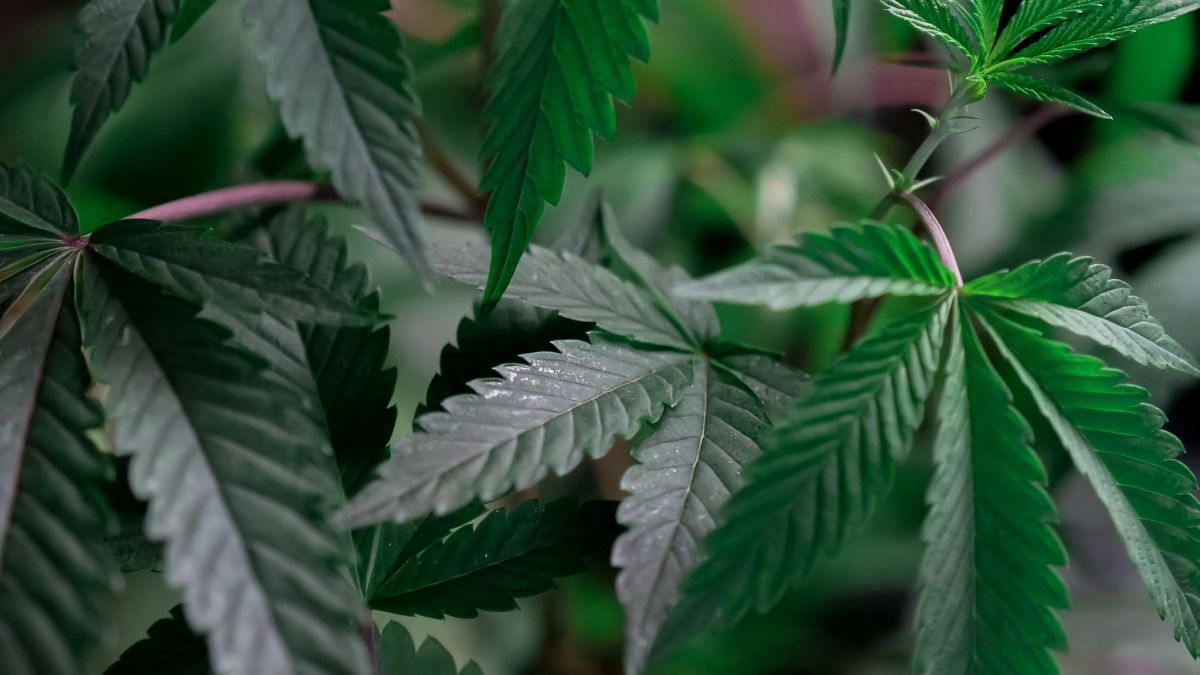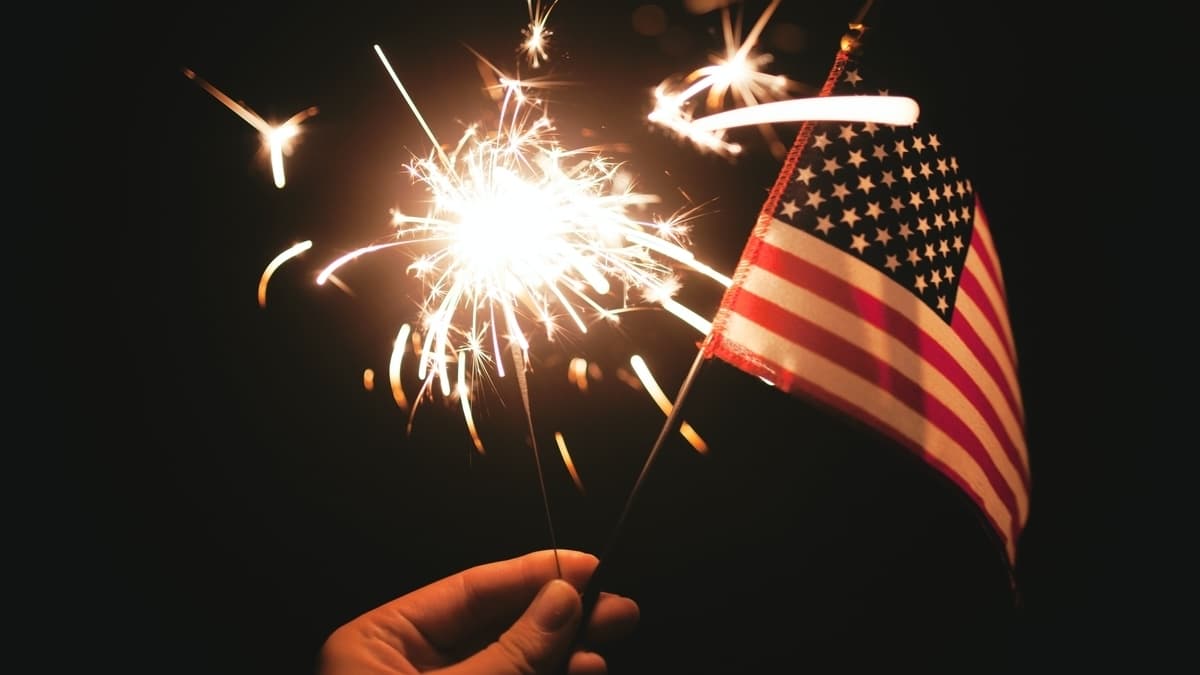A daily update on Coronavirus in Central America. We’ll sift through the news out there so you don’t have to.
Two Central American countries faced reality yesterday when Nicaragua and El Salvador both confirmed their first cases of coronavirus and Costa Rica confirmed its first fatality.
In Nicaragua, a 40-year-old man who’d returned from a short trip to Panama tested positive for coronavirus on Wednesday afternoon after seeking treatment for a sore throat, fever, and dry cough.
He’s the first official coronavirus patient in Nicaragua.
Nicaragua has come under major criticism as the only country in the region with no restrictive measures taken yet. Borders are open and no-one seems to eve be talking about self-isolation, social restriction, or quarantine. At least not on an official level.
Indeed last weekend, incredibly, the Ortega regime held a march called “Love in the Time of COVID-19”. The idea was, according to Vice President Rosa Murillo, to bring communities together to take care of themselves. On top of this, Ortega and Murillo have been out and about promoting tourism, saying that Nicaragua is ready to receive tourists over Easter.
You couldn’t make it up.
It goes without saying that political gatherings, rallies, and marches go against all advice from anyone, WHO on down, who knows anything about this virus.
Across the Gulf of Fonseca, in El Salvador, president Nayib Bukele confirmed its first case of coronavirus.
According to Bukele, the patient entered the country “through a blind spot” (I assume that means illegally) after traveling in Italy.
Unlike Nicaragua, El Salvador takes coronavirus extremely seriously. It was the first country to start banning travelers from affected countries, weeks ago (well, on March 11, but it feels like weeks ago), before the virus took hold in the region. Inside the country institutions are closed and public gatherings banned.
It must feel like a gut punch after all the hard work and stringent measures, for El Salvador to finally get coronavirus through a “blind spot”. But it was inevitable.
President Bukele also announced a series of economic measures to help affected people get through this crisis.
Utility bills (electricity, water, phone, and internet) will be suspended for three months, as well as credit card and loan payments.
It remains to be seen whether the rest of the region will follow suit with similar measures.
Costa Rica saw its first coronavirus fatality yesterday, an 87-year-old patient who passed away in Alajuela.
He is the third person to die of coronavirus in Central America. As of tonight, the total number of cases in Costa Rica is 89.
All cinemas and theaters will close in Costa Rica from the weekend onward, according to an announcement by health minister Daniel Salas. This follows on from the closing of gyms, pools and athletic centers earlier in the day, and bars at the beginning of the week. Restaurants and shopping malls are still allowed to open (for now) as long as they maintain a 50% capacity.
Panama is the heaviest-hit country so far, with 137 cases and one death. Panama City is currently under a curfew from 9:00 PM to 5:00 AM in an effort to curtail the virus.
James Dyde is the editor of www.centralamerica.com. He lives in Escazu, Costa Rica.




